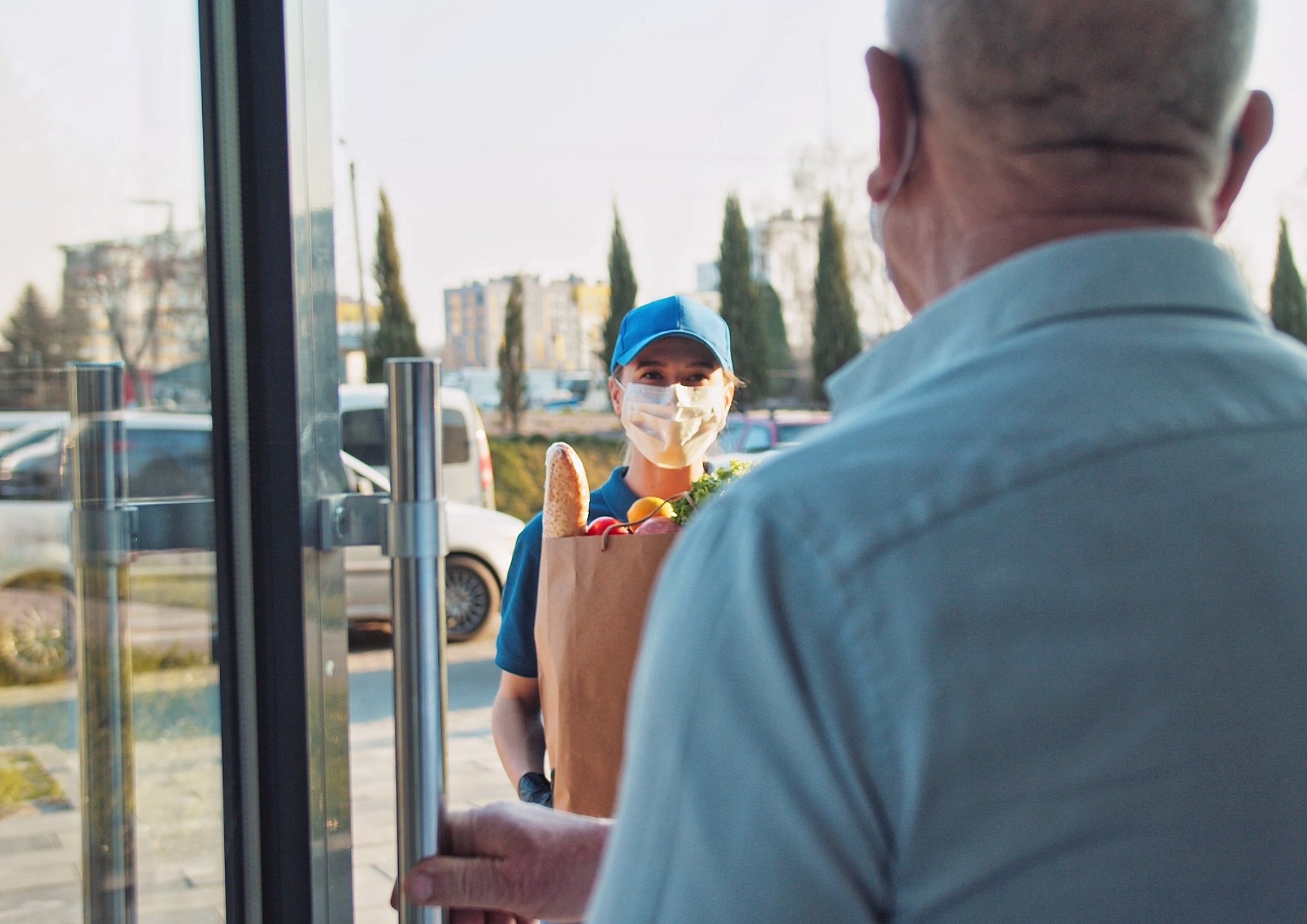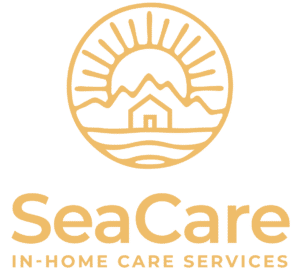3 Reasons why home care benefits families during a crisis
by Megan Marolf | Sep 02, 2020 | home care services, the importance of senior homecare, nursing homes vs. home care | 0 Comments

In last week’s blog, I told a personal story about making a trip out to Iowa to visit my great-grandmother. She lives in a nursing home, which for now means she’s confined to the indoors and can only see visitors outside her window.
This is the sad scenario for many seniors right now, and contrasts with the freedom that seniors and their families have when they choose in-home care rather than a nursing home.
There’s more of an option for human connection, and more control over the health of your loved one. Here are just a few of the many ways that SeaCare and home care in general benefits families and seniors during a time of crisis.
Home care puts client health first
Our caregivers at SeaCare prioritize their clients now more than ever, and it's changed the way they go about their daily lives.
Before caregivers start their shift at SeaCare, they get a health screening. They have to answer a seven part questionnaire that won’t allow them to clock-in unless they’ve answered all the questions. If a caregiver does report any symptoms, they have to call the SeaCare office right away.
Caregivers know their jobs depend on their health and take extra precautions in their daily routines. They also realize that the health and safety of their patient is in their hands, especially in the last six months. Many of SeaCare’s caregivers go straight from work to home, and some use grocery shopping services to limit the chance of exposing themselves to the coronavirus.
At the end of every shift, caregivers file a report that includes their health status. They also report any changes in their client’s health, such as a cough, temperature fluctuation or any other noticeable health change. The client’s temperature is checked at the start and end of work.
And last but not least, SeaCare provides PPE (personal protective equipment) for every caregiver and client.
Caregivers are equipped to use telehealth
Many seniors and people with compromised immune systems have been avoiding in-person doctor’s visits and for good reason.
Caregivers at SeaCare provide support for clients who are new to telemedicine appointments. This involves guiding them through the technology, taking notes from the doctor and helping them navigate the various platforms.
Telemedicine, or the ability to evaluate, diagnose and treat a patient’s health using communication technology, allows seniors to receive care at home and to make sure they are still getting the healthcare they need.
The benefits of telemedicine go on from there. The technology not only protects seniors and people within vulnerable age groups, but limits exposure to the coronavirus for other patients and healthcare workers.
Home care gives the freedom of choice

Families with seniors in nursing homes don’t have the option to have physical contact or be in close proximity with their loved one.
And for families and seniors who have chosen home care, they are faced with a tough decision. Do you prioritize physical health and avoid all close contact with the people that love you, or do you place more of a priority on mental health?
The decision was easier when we all thought the virus would be a short-term problem. Living in isolation for a couple months to protect your health is one thing, but doing that for a year or longer can seem unsustainable.
Seniors have reported heightened feelings of isolation, depression and anxiety during the pandemic. There’s even a name for it: the “COVID Blues.”
At least with home care, families have the ability to make decisions over the health and wellbeing of the person needing care.
When I stood outside my great-grandmother’s window at her nursing home, she couldn’t understand why we weren’t allowed to come inside the building. It was heartbreaking to hear her try to explain that she’s not contagious, and that the nurse would let us in if we asked.
There are safe ways to interact that can make all the difference in terms of human connection, such as having everyone wearing masks outdoors.
Home care gives you, your family, and your loved one that choice.


0 Comments